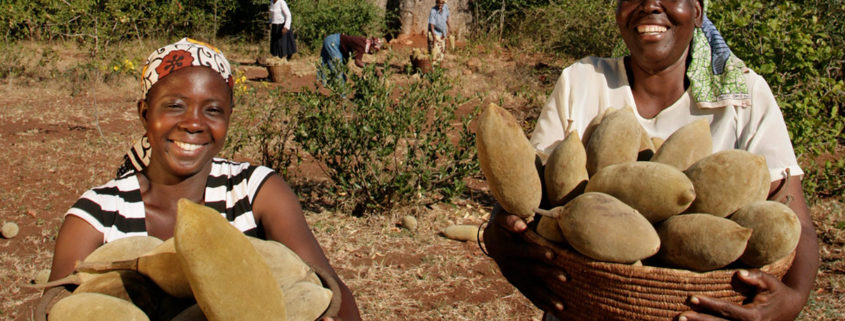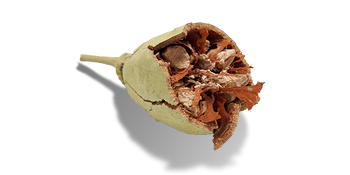Reuters: ‘Superfood’ craze makes big business of Africa’s baobab
Recently, Reuters®, an international news agency headquartered in London, UK, published an interesting article discussing how the baobab “superfood” is affecting African communities, their livelihood, and whether or not we should be concerned about the sustainability of these iconic African trees.
As the world’s leading processor and supplier of organic baobab, we take pride in our commitment to creating socio-economic opportunities for the southern African communities where we source our baobab. We continue to strengthen our commitment, through our new relationship with Thirst Relief, an organization dedicated to changing lives and communities through clean water solutions.
Baobab Foods sources from several areas within the southern African region specifically because of its potential for safe and sustainable yields, and our direct connection to the region. For many years, our local harvesters have set the standard for best practices in Baobab harvest and fruit powder production. We are committed to the protection of the trees, not only through our harvesting practices but through our efforts with local communities encouraging the establishment, nurturing, and protection of new baobab woodlands.
The demand for baobab has dramatically taken off in recent years due to its numerous health benefits. Large companies are clamoring to incorporate baobab powder into their products such as the Yeo Valley Vanilla-Baobab Yogurt, Coca-Cola’s Innocent Smoothies, and most recently through the new Acai Bowl with baobab served in Costco’s food courts.
As Reuters explains, “Exports of the hard-shelled fruit rose from 50 tonnes in 2013 to 450 tonnes in 2017…and are expected to reach 50000 tonnes by 2025.” We have certainly seen this substantial growth first hand as last year, we exported 100% more baobab product than we did the year before.
As the world’s largest processor and supplier of baobab fruit powder, we can confirm Reuters’ reporting of baobab growth. In 2018 we have more than doubled our annual imports of baobab fruit powder into the United States, alone.
We are excited to be a part of the significant growth seen in the Baobab industry and will continue our environmental focus on the trees’ protection, providing socio-economic opportunities to African communities and partnering with organizations like Thirst Relief where the quality of life is a top priority.










